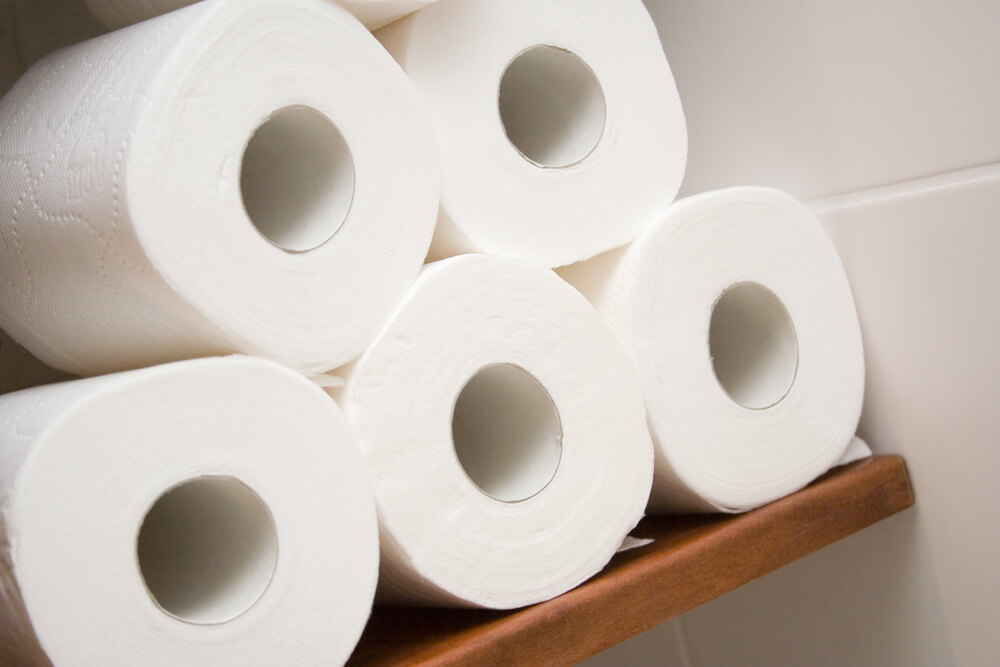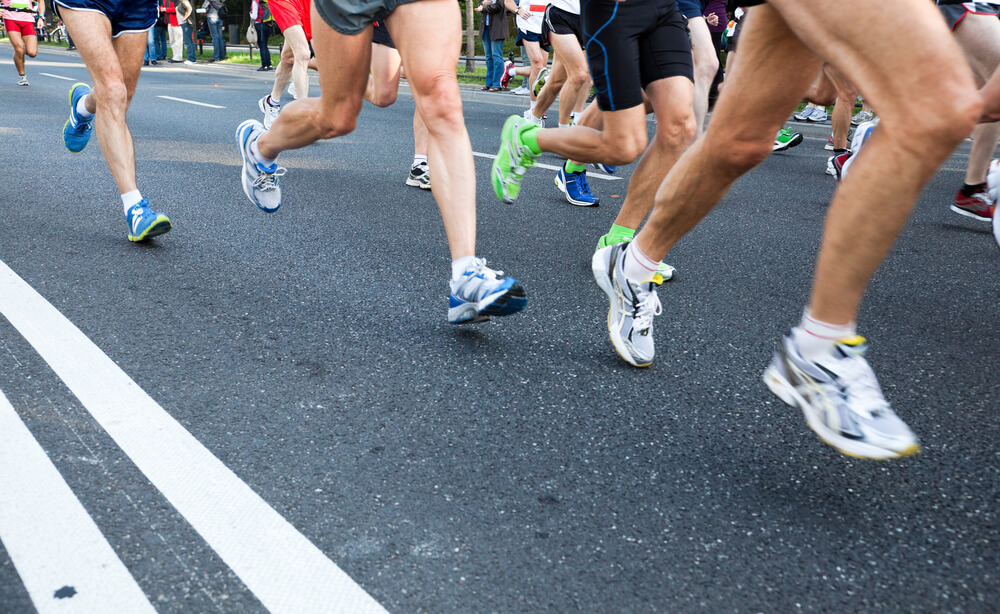
It’s easy to confuse diarrhea with loose stools, but important to understand the difference, as one can be more dangerous than the other. In this article, we’ll clear up the confusion and offer a few strategies to discern the two and know when there is cause for concern.
What is Loose Stool?
Loose stools are exactly what the name suggests: a bowel movement that contains more water and is, therefore, softer or “looser” than normal stool. Their odor may or may not be foul, and their shapes can differ. It is normal for everyone to have loose stools sometimes, and they are usually nothing to worry about unless they occur frequently.
What’s the Difference Between Diarrhea and Loose Stools?
While it can be hard to distinguish between the two, the main determinant is how many loose stools you have in a day. Three or more loose stools per day is considered to be diarrhea, whereas less is not.
Both loose stools and diarrhea can be accompanied by symptoms of pain, cramping, and other GI discomfort. Diarrhea is more commonly accompanied by fever.
Reasons You Might Have Loose Stool
Loose stools can happen for a myriad of reasons. Some of the most common reasons include:
Foods You Ate
Eating foods that don’t agree with you, or to which you have an allergy or intolerance (especially lactose intolerance) can often cause looser than normal stools. Spicy foods, overly fatty foods, alcohol, and caffeine can also cause loose stools in some people.
Stress
Stress has a profound effect on our digestive function. When we have high levels of stress, we experience a spike in blood pressure and dehydration, both of which release potassium and water into the intestinal tract, leading to loose stools. Research shows that some people particularly prone to anxiety and depression might experience chronic loose stools and diarrhea-predominant irritable bowel syndrome.
Supplements or Medications
If you’ve started a new medication or supplement and are experiencing loose stools, check in with your doctor to see if this might be the cause. Antibiotics can cause loose stools, as can laxatives and magnesium supplements.
GI Condition
Chronic loose stools could be caused by irritable bowel syndrome or disease (IBS or IBD), Crohn’s Disease, Celiac Disease (CD) or Ulcerative Colitis (UC). These are serious medical conditions, so if you suspect an underlying problem is causing your loose stools, check in with your doctor ASAP.
Tips to Prevent Loose Stools
One of the easiest ways to prevent loose stools is to avoid foods you are allergic to or foods that seem to be problematic for you. While problem foods are different for everyone, common culprits include foods with large amounts of sugar and excessively spicy and fatty foods.
Practicing good self-care, like ensuring you get enough rest, drink plenty of water, feed your body nourishing foods and spend some time being active, can help to alleviate stress that may cause loose stools.
Finally, staying hydrated is critical when experiencing loose stools or diarrhea, so be sure to get in plenty of water, natural (no sugar added) coconut water, and broths.
When to See Your Doctor
As with any bout of diarrhea, see your doctor if your loose stools become chronic (more than three days in a row), or if you have a high-grade fever, black, tarry or bloody stools, signs of dehydration, or painful symptoms that persist.
Diarrhea and loose stools are similar, but diarrhea occurs more frequently (three times per day or more) than loose stools. Pay attention to warning signs that could merit a call to your doctor and be sure to support your body with adequate hydration and nourishing foods.

